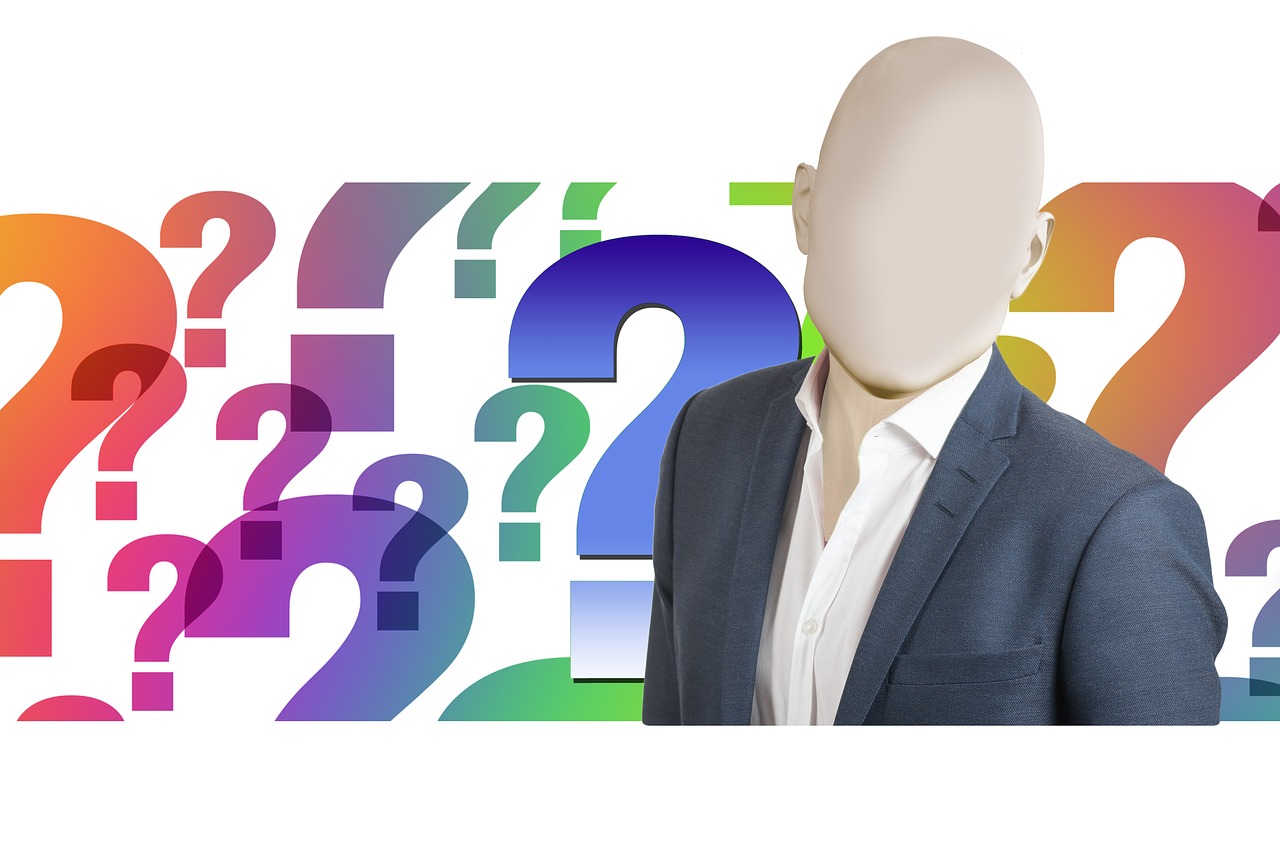Have you ever found yourself in a situation where you see a familiar face, but the name eludes you? And then you realise that you’re not even sure whether it is in fact a familiar face or whether you’ve imagined it. Now, imagine experiencing this not just once in a while, but pretty much all the time. Welcome to the world of prosopagnosia – aka face-blindness – a little-known condition that affects 2 to 3 per cent of the population. As someone who has lived with prosopagnosia without even realising it until recently, I wanted to shed light on this condition and share the challenges it presents in various aspects of life.
An invisible struggle
Prosopagnosia, face-blindness, is a condition where individuals struggle to recognise faces, even those of close friends and family. It’s not as well known as you might expect, considering its prevalence. Even people who’ve got it may not know of it.
As far as I know, the retinas of my eyes form an image of a face the same way yours do. It’s just that for me there seems to be some kind of disconnect between the image of a face and the identity of the person whose face it is.
Familial face blindness
The condition runs in families or, in some cases, can be acquired as a result of factors such as brain injury. For me, it’s hereditary. The realisation dawned in January 2023 when my sister Jo Minns sent a WhatsApp message to our “Siblings” group, asking if any of us had face blindness. I didn’t know what she meant, so I asked her to explain, which she did:
“I genuinely cannot remember faces. I am meeting a coaching client next week who I have spent 9 hours with, face to face, across a small table. I will have to get there first so that she approaches me, otherwise I could very easily talk to the wrong person…
“I also struggle to follow plots in films because the characters look the same.”
To which I replied, after a pause: “I’ve never known anything different. I assumed it was like that for everybody.”
It was then that I connected the dots and realised that my perpetual struggle with recognising faces is not a universal experience.
The workplace challenge
In professional settings, prosopagnosia adds an extra layer of complexity. There are people you know you know (that’s OK), those you know you don’t know (that’s OK), and a multitude of individuals you don’t know whether you know or not (that’s not OK – it’s stressful).
And as for networking events… striking up a conversation with a stranger can be challenging at the best of times, especially for us introverts. But it’s not too onerous as long as you’re sure it actually is a stranger you’re talking to. What is a bit hard, is when you know you know some of the people in the room and you can’t for the life of you recall whether the person who’s making a beeline for you and about to say hello is someone you already met and talked with last time.
The fear of unintentionally snubbing a colleague or missing out on potential connections adds an extra layer of stress to these social situations.
I knew a pair of identical twin brothers who owned a furniture shop (in France, as it happens – in a previous existence I used to visit them as the representative of one of their suppliers). They would take a mischievous delight in coming in and out of the room separately through different doors in the course of a meeting, so that the poor rep would get all mixed up about who had said what to whom. You could tell the two men apart by the colour of their ties, once you twigged. But for me, it’s not only identical twins that pose this challenge: it happens all the time, even when I’m dealing with two people who probably – to you – look quite distinct.
Out-of-context encounters
Imagine running into a work colleague at the local shop or encountering a neighbour in a foreign country. Or, say, a chap you’ve known for 25 years whom you bump into, with his family, on a cross-Channel ferry. That happened to me recently. No chance of recognising them until they come and say who they are. The inability to recognise familiar faces out of their usual context becomes a genuine concern. It’s not about being forgetful; it’s about navigating a world where familiarity is elusive.
To wrap up
Living with prosopagnosia has its challenges, but awareness is the first step towards understanding and support. Let’s spread the word about this little-known condition. If you’ve had similar experiences, I’d be interested to hear your thoughts and insights in the comments below. Together, we can build understanding and support for those navigating the world with prosopagnosia.
Oh, and if, dear reader, you’re someone I know and if you’ve ever felt like I blanked you in passing, please know that it’s not intentional. Prosopagnosia doesn’t discriminate; it just makes recognising faces a perpetual puzzle.

Leave a Reply